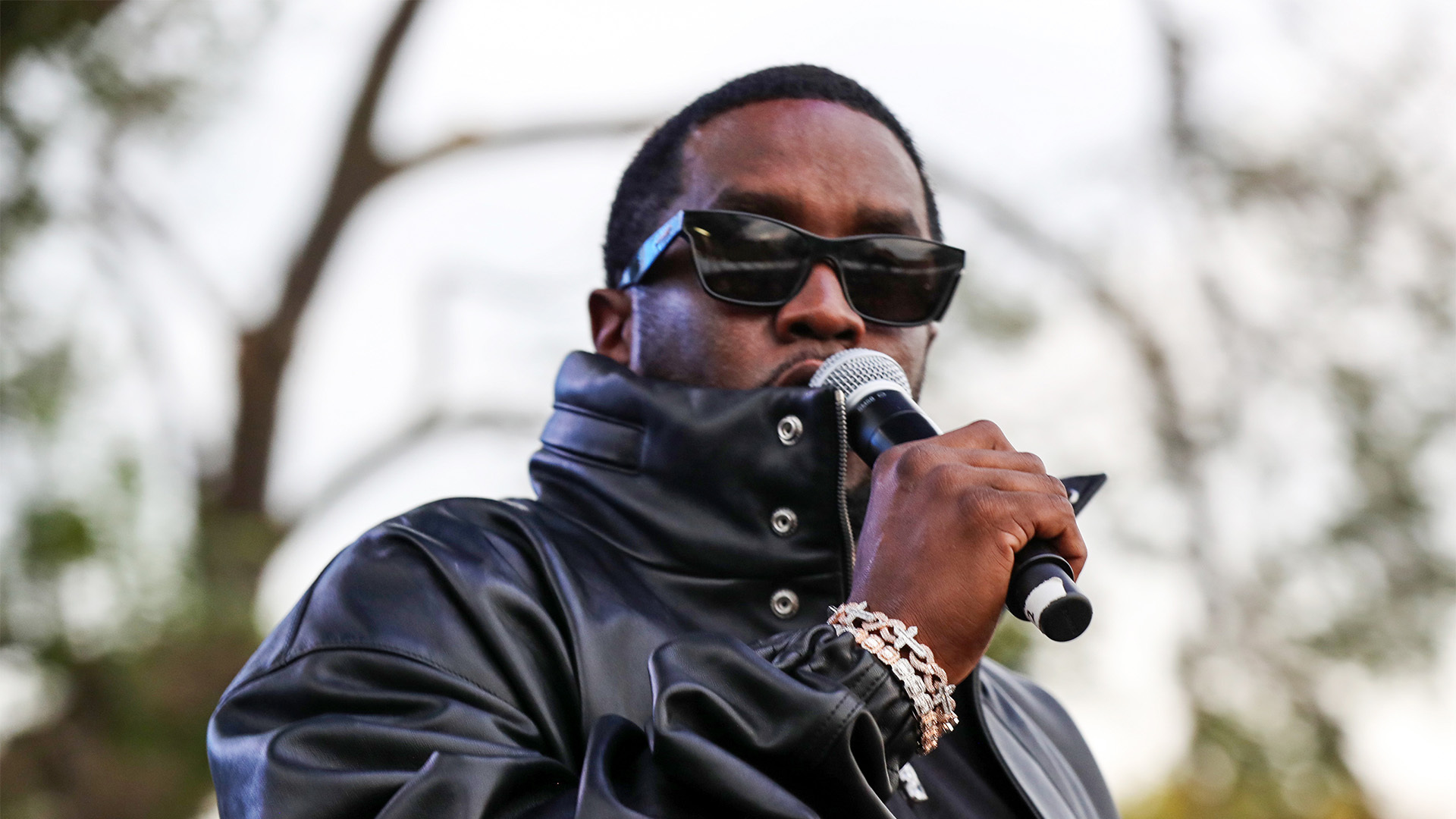
[KENNEDY FELTON]
Diddy moves to dismiss sex trafficking charge, claims racial bias
Sean “Diddy” Combs is firing back at his sex trafficking charge, claiming it’s racially motivated. He’s pointing to the “Mann Act” – a law with a history of being used to target Black men – as part of his defense.
In a Tuesday court filing obtained by multiple media outlets, Combs’ legal team is seeking to throw out count number three, which alleges he engaged in transportation to engage in prostitution, also known as the Mann Act.
The Mann Act was previously called the White Slave Traffic Act and it was passed in 1910 to prohibit the transportation of women for prostitution and sex trafficking. But the law has a controversial history, used to target Black men – particularly for relationships with white women.
Notable cases include the prosecution of boxing legend Jack Johnson, who was convicted under the Mann Act in 1913 for traveling with his white girlfriend – a case many believe was racially motivated.
In 2018, President Trump posthumously pardoned Johnson, as his legacy was tarnished after his conviction.
But Combs’ defense argues there’s a double standard. While his legal team claims that no white person has ever been the target of a remotely similar prosecution, there have been high-profile cases involving white individuals – including Ghislaine Maxwell.
While Combs does not deny hiring male escorts from a legal escort service, his legal team argues this is a common practice in today’s society that shouldn’t be criminalized. They claim Combs is being singled out because he is a quote – “powerful Black man” and that his prosecution continues the law’s historic pattern of racial bias.
Combs’ legal team is asking the court to dismiss the count, citing selective prosecution. No decision has been made yet, but this argument will likely play a role as the case moves forward and Combs’ trial begins in May.











